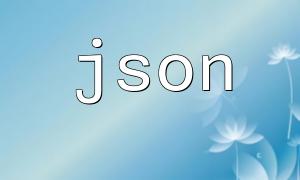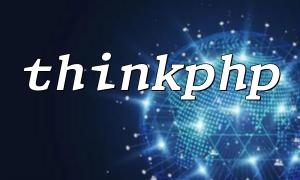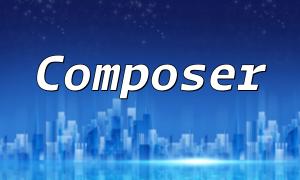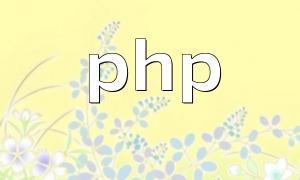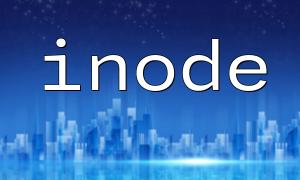In the modern web development landscape, Java and PHP are two widely used programming languages. Each offers distinct advantages and is suited to different types and scales of projects. This article analyzes both languages across key areas including performance, development efficiency, community support, and application scenarios.
Java is an object-oriented programming language known for its platform independence, robust performance, and scalability. It is commonly used in enterprise-level web systems. PHP, on the other hand, is a scripting language specifically designed for web development. It is easy to learn, quick to deploy, and ideal for small to medium-sized projects or rapid development cycles.
Java generally outperforms PHP in terms of execution speed and system efficiency. Its code is compiled into bytecode and runs on the Java Virtual Machine (JVM), which allows better memory management and multithreading capabilities—perfect for handling high-concurrency traffic and complex systems.
While PHP is an interpreted language and may be slower in complex computational scenarios, recent versions have greatly improved in performance, especially with enhancements like OPcache. These improvements make PHP capable of handling most modern web application needs efficiently.
PHP stands out when it comes to development speed and ease of use. A wide range of open-source frameworks, such as Laravel, Symfony, and CodeIgniter, streamline development processes and reduce repetitive coding tasks. These frameworks offer well-structured tools and components, significantly boosting productivity.
Java also has robust frameworks like Spring and Struts. However, due to Java’s more complex syntax and structure, the learning curve can be steep, especially for beginners, making rapid development more challenging in comparison to PHP.
PHP benefits from an extensive and active developer community, with abundant tutorials, documentation, plugins, and third-party tools readily available. This accessibility makes PHP a favorable option for novice developers and small teams.
Java also boasts a mature and professional ecosystem, particularly in the enterprise domain. Developers can rely on comprehensive documentation, a wealth of libraries, and strong commercial support, making it a stable choice for mission-critical systems.
Java is commonly used for developing enterprise-level web systems, mobile applications (especially Android), and large-scale data processing platforms. Its stability, performance, and security make it ideal for demanding applications such as banking systems and enterprise software.
PHP, conversely, is often used in the development of small to medium-sized websites, content management systems (like WordPress and Drupal), and e-commerce platforms. Its ease of use and flexibility allow for rapid development and easy maintenance.
In conclusion, Java and PHP each offer distinct advantages in web development. Java is better suited for large-scale, performance-critical, and enterprise-level applications. PHP shines in fast-paced, budget-conscious, and flexible web development scenarios. Developers should assess their project requirements, team expertise, and long-term goals to choose the most suitable language and technology stack, thereby increasing the chances of project success and efficiency.

